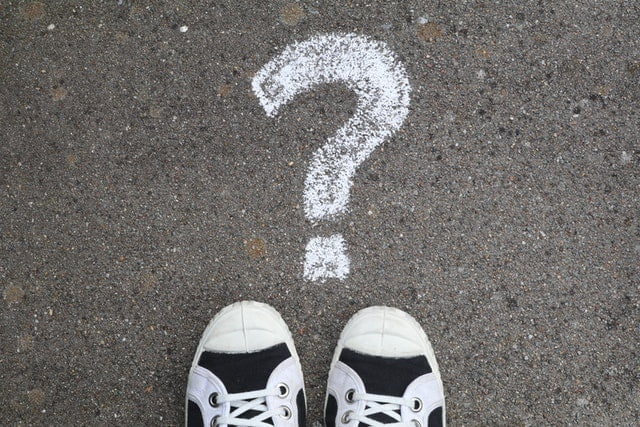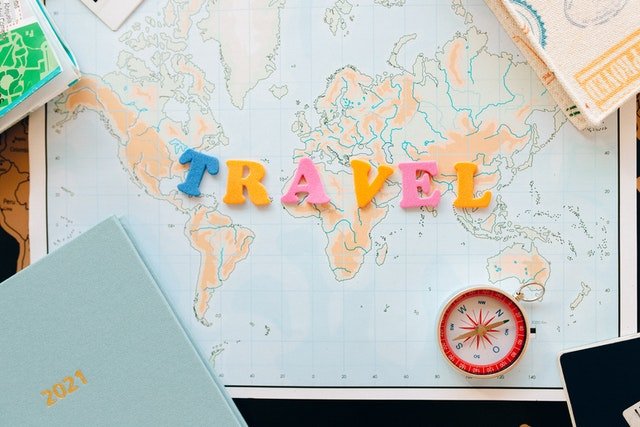Many people, particularly my friends, have asked me, “Now that you’re writing travel articles on travellingortraveling.com, tell us whether it is travelling or traveling.” To be honest, the answer to this question is pretty clear and straightforward. On the other hand, it’s so confusing that individuals from the same planet use various spelling, pronunciation, language kinds, etc.
But, before jumping into the differences between these terms and discussing the English language, let me tell you a bit about traveling.
What Does it Mean to Travel?

As a travel blogger, I had never considered looking up the definition or meaning of travel. I believe we are all too familiar with it and never bothered to look for it. But, because I’m writing about the word “traveling,” I figured I’d explain it as well. So here’s the definition of traveling: to go from one location to another, usually across a long distance.
There are many benefits to traveling, such as meeting new people, seeing unique locations, and learning about different cultures. Many beautiful aspects of travel may be attributed to it, but there’s one drawback: spelling. Spelling and pronunciation might be tricky when it comes to words like “traveling,” “traveler,” and “traveled.” These terms are often mispronounced because some people spell them with a single L while others use a double L.
Difference Between Travelling and Traveling

The spelling “traveling” is popular in the United States. While the spelling “travelling” is favored in the United Kingdom and the Commonwealth. Both spellings are used in published sources, though the two-L variant is more popular in publications that also use spellings such as “colour” or “humour.”
The publications that use shorter spellings—”traveled,” “color,” and “humor”—are written in American English, while the publications that use longer spellings—”travelled,” “colour,” and “humour”—are written in British English. As a result, the distinction between “traveling” and “traveling” is entirely linguistic. The spellings are accurate in both cases. To be more precise, none of these are incorrect.
Get Into the Depth!
Travel is a multisyllabic word, meaning it has more than one syllable. In American English, if a multisyllabic word ends in a vowel (a, e, i, o, and u) and a consonant (in that order), you double the consonant only if the emphasis is on the final syllable. However, there is no doubling since the emphasis is on the first syllable of “travel.”
The terms “traveling” and “traveling” met the same fate as many English words with two spellings. Noah Webster of the Merriam-Webster dictionary is often credited (or blamed) for this. He was a linguist and lexicographer who had a significant impact on the formation of American English. He included the shorter variants in his dictionaries, which ultimately became the norm in the United States.
The US is practically alone in using the shorter form. Canada, Australia, and India often follow British English traditions, so they prefer “travelling” rather than “traveling.”
Which is Better, Travelling or Traveling?

Now the question is, which one to prefer: travelling or traveling? You have two possibilities, and both are reasonable based on what your target audience really needs and wants.
Choose one spelling and use it consistently throughout your writing. I use the American one-L spelling “traveling” across the site because I target an audience of the United States. And I know that foreign spelling (here, travelling) may confuse them.
Sometimes this is not the case; there will be occasions when you should keep “travelling.” For example, suppose I want to target a British audience for one of my posts since there is a larger search volume. So the spelling is entirely up to you; you may use “travelling” or “traveling,” depending on how many people you believe will read.
Importance of Traveling

Now that we are talking about “traveling” let’s get into the benefits of travel. Although I am sure most of you know about them, why not let’s have a look 😉
Some of the advantages of traveling are as follows:
- It enhances happiness.
- Allows you to escape your daily routine.
- It recharges your mind and body.
- Traveling helps to alleviate stress and anxiety.
- It’s a getaway for new experiences.
- Improves your physical health.
- May help you be more creative.
So, when are you going to take your next trip?
Are you a mountain lover? Check out Best Ladakh Visiting Places!
The Bottom Line
Both “travelling” and “traveling” are acceptable; it only depends on where you live and the kind of English you speak and write. It’s called “travelling” in British English. And it is referred to as “traveling” in American English. Now that you know the answer, which one do you personally prefer, travelling or traveling? I personally like the term “travelling.” Since it has one extra letter ;P
Read FAQs
Why does travelling have two l's?
Word "travelling" has two L's because this is in British English. And it is referred to as "traveling" in American English.
It is travelling or traveling in India?
Word "travelling" has two L's when it is in British English. And the spelling becomes "traveling" in American English. India follows British English and that's why Indians write it as "travelling".
Is travelling British or American English?
The word "travelling" is used in British English. And it is "traveling" in American English.
What are the benefits of traveling?
The following are the benefits of traveling:
- It makes you happy.
- Gets you out of your regular routine.
- It re-energizes you.
- Traveling reduces stress and anxiety.
- It's a new-experience getaway.
- Improves physical health.
- May boost your creativity.


I think that is among the so much significant information for me.
And i’m glad studying your article. But wanna observation on few common issues, The website style is wonderful,
the articles is truly nice : D. Excellent job, cheers